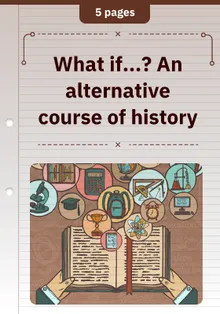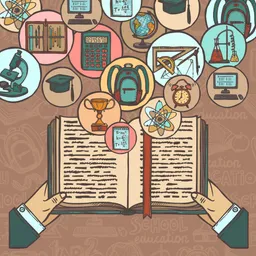Dinosaurs Discovered Alive: A Decade of Wonder
On July 14, 2013, in the remote Congo Basin of Africa, a team from the National Geographic Society stumbled upon living dinosaurs. Led by Dr. Jessica Morales, the expedition discovered a herd of small sauropods, sparking worldwide astonishment. This remarkable event was attributed to the region's extreme isolation, which preserved an ecosystem unchanged for millions of years.
The immediate impact was profound. Governments scrambled to protect the area, while scientists flocked to study these ancient creatures. In 2014, the United Nations established the International Dinosaur Preservation Committee. Economically, the discovery spurred a boom in biotechnology and tourism, as visitors and investors sought to witness living dinosaurs. Socially, the find reignited global interest in paleontology, inspiring a new generation to pursue science.
Over the next decade, the presence of dinosaurs led to significant developments. By 2016, debates on cloning and genetic modification intensified, with ethical discussions reaching new heights. In 2018, advancements in DNA research contributed to medical breakthroughs. Politically, countries bordering the Congo negotiated treaties to manage the region. By 2020, conservation efforts expanded, leading to the establishment of the World Wildlife Preservation Zone, altering international environmental policies.

